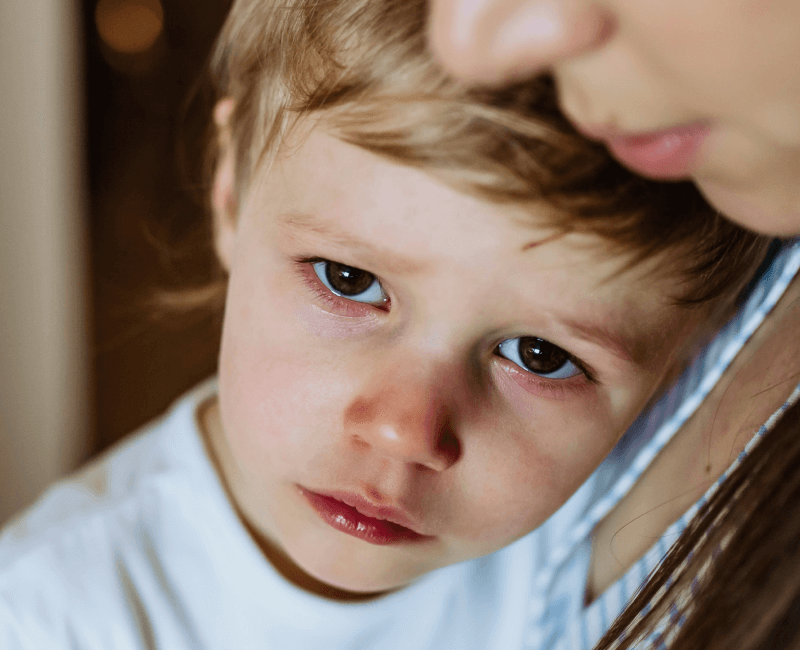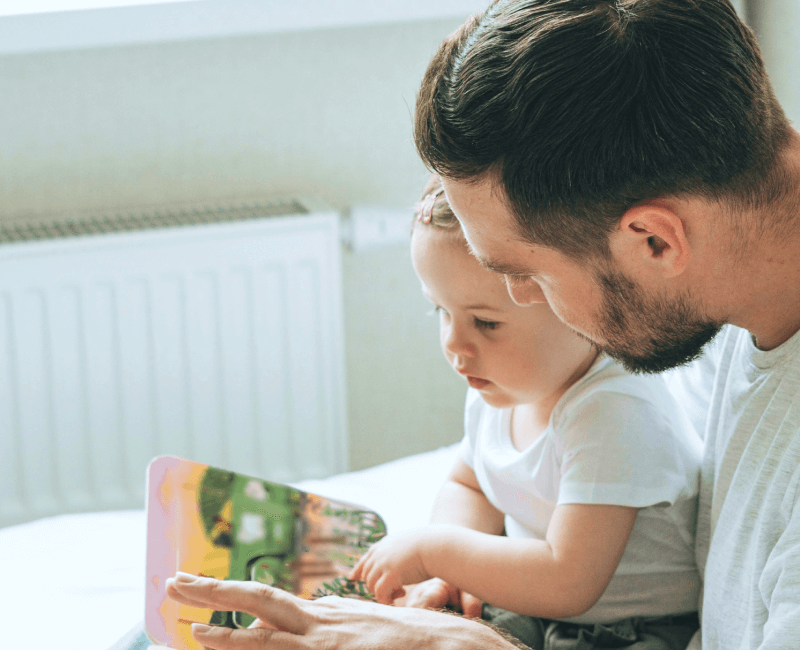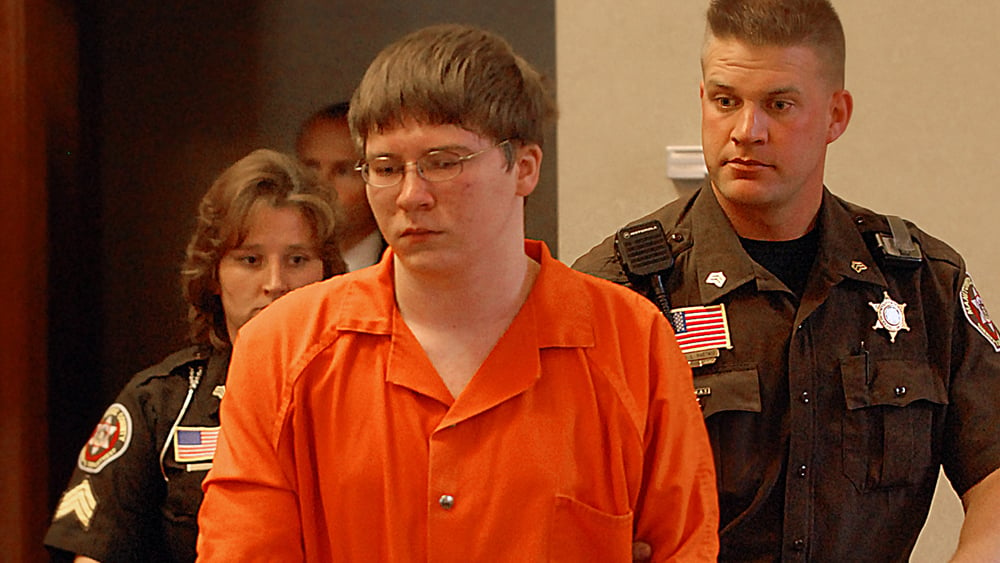The benefits of play-based speech therapy
What is play-based speech and language therapy? Play-Based Speech and Language Therapy is a form of treatment, delivered in a playful and natural way. The alternative would be to use a ‘drills’ approa …
The connection between language and mental health difficulties
As a Speech and Language Therapist who specialises in working with young people with Social, Emotional and Mental Health issues, I often find my role is intrinsically linked to that of the Counsellors …
What’s the difference between a stutter and a stammer?
Stammering and stuttering are relatively common speech disorders, which are neurological in nature and create moments of dysfluency such as: repeating words, stretching sounds or not being able to pro …
What speech sounds should my child be using?
Children start to use different speech sounds in words at varying rates depending on the child, so one child may be using all the speech sounds needed in all word positions by the age of 4 and other c …
How to help your child develop their speech and language skills
When your child’s speech or communication skills are not developing at the same rate as other children their age it can be a concern. Mable Therapy provides Adult-Child Interaction Therapy to support …
Dyslexia and speech & language therapy?
Isn’t dyslexia that thing that makes it hard for people to read and write? So what has that got to do with speech and language therapy?
How Speech, Language and Communication difficulties ‘Made a Murderer’
I’m sure I am not the only person who is heartbroken by the plight of Brendan Dassey on Netflix’s documentary series ‘Making a Murderer’. Watching season 2 of the Netflix documentary this week inspire …
Behaviour is a Form of Communication
Think about this for a moment, 60% of all communication is nonverbal. This means the body language we use, the facial expressions, the gestures are all communicating for us, even when we are not sayin …









